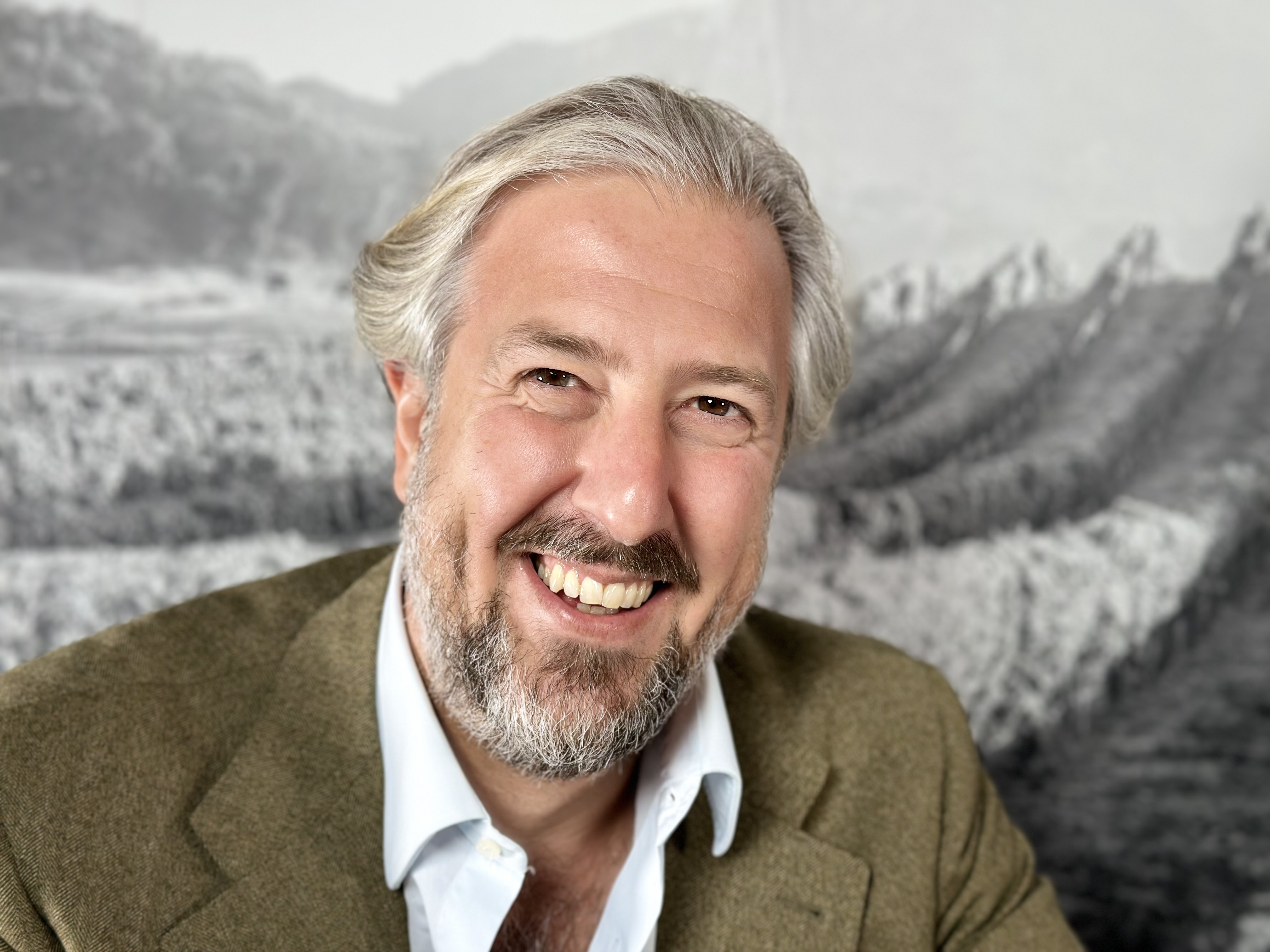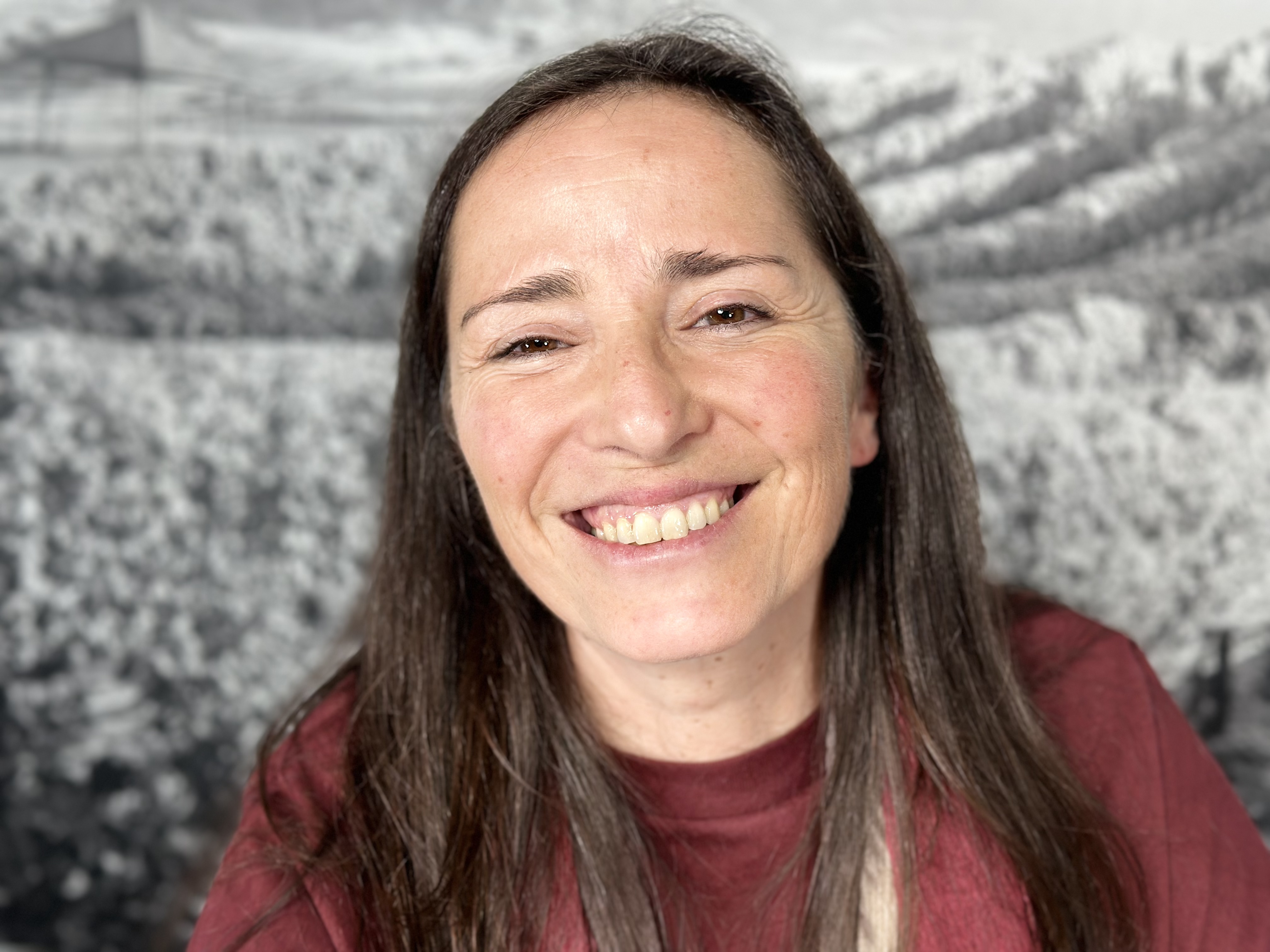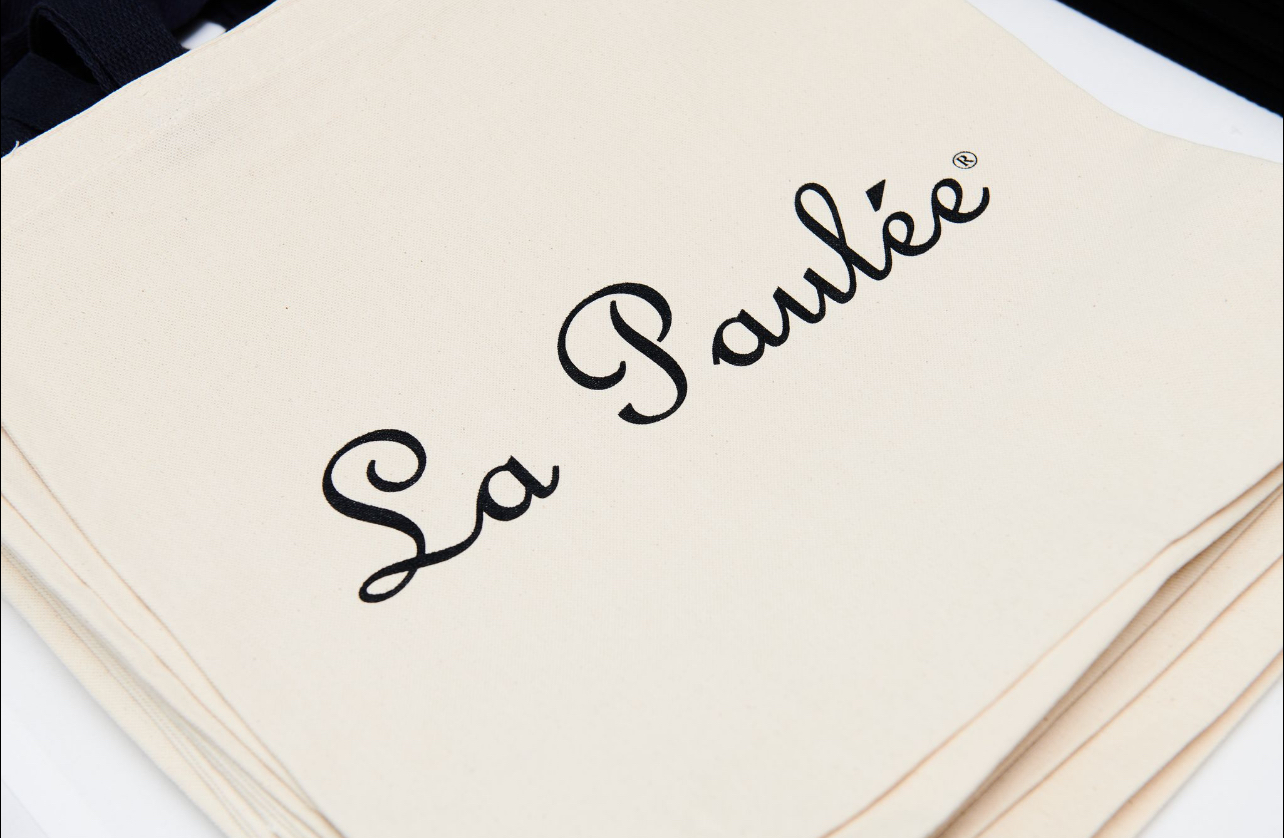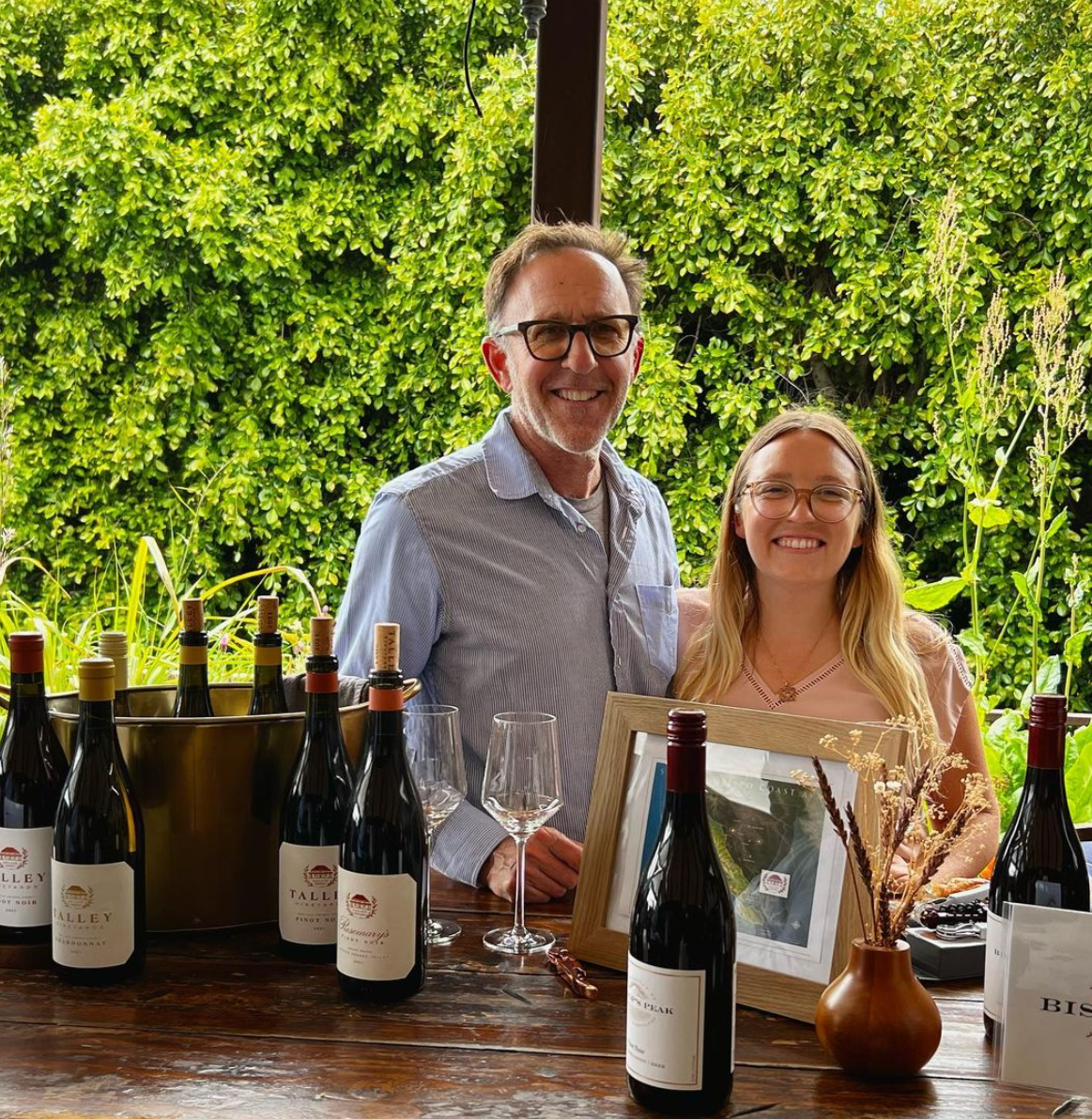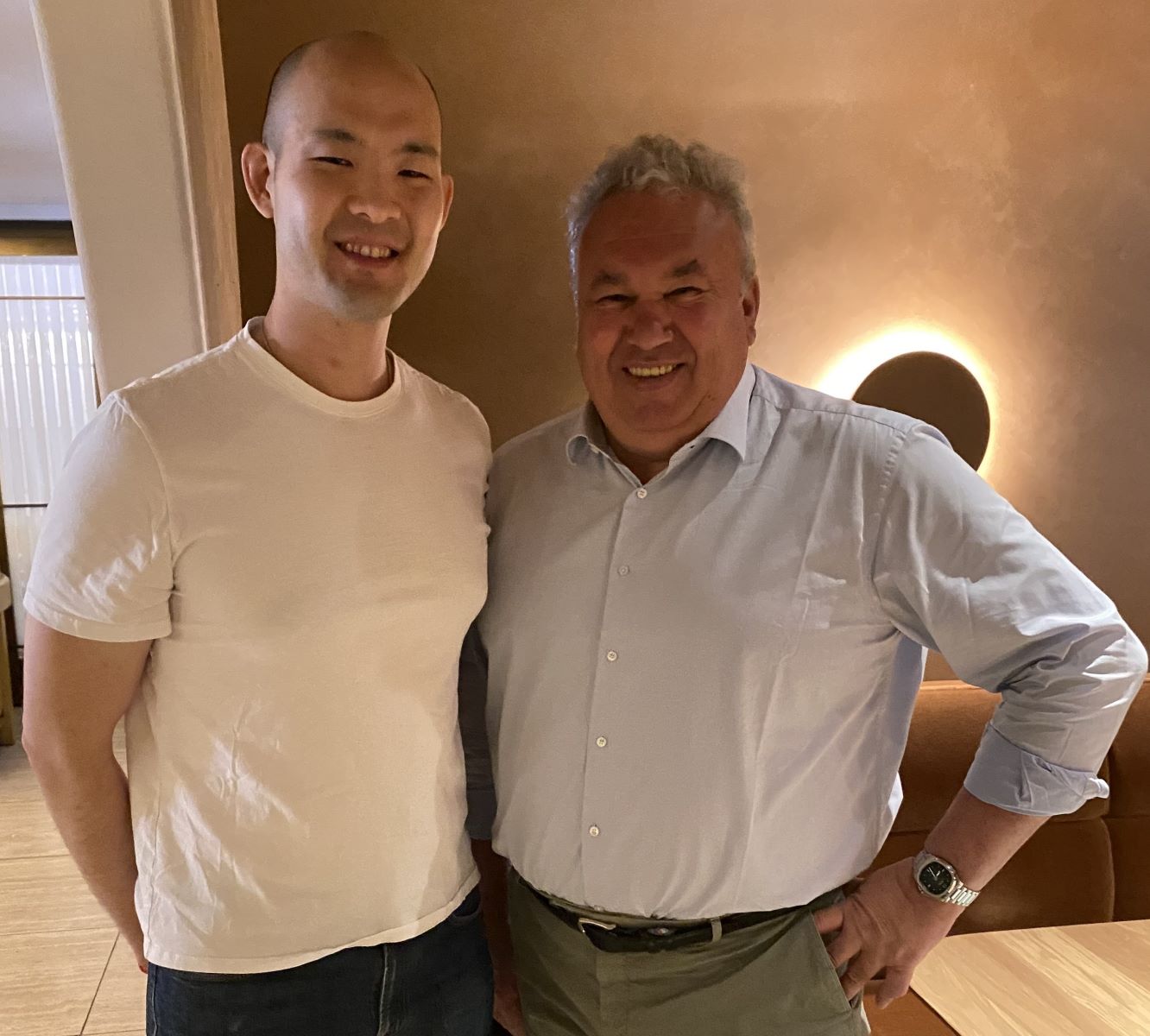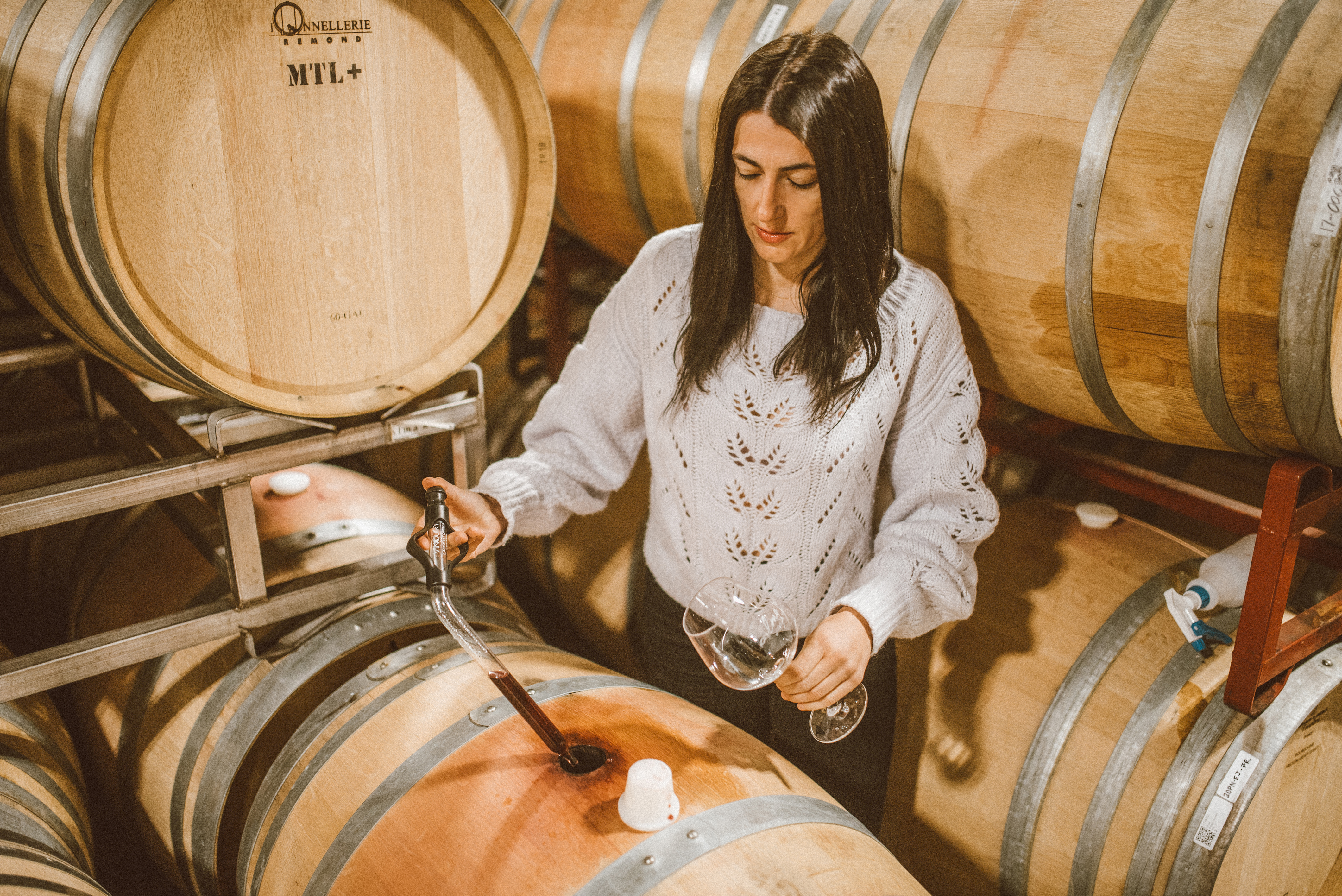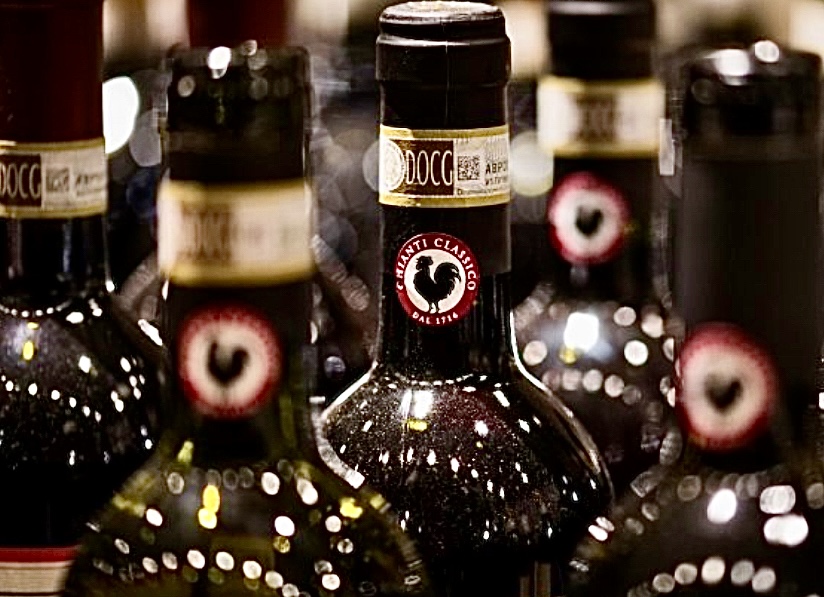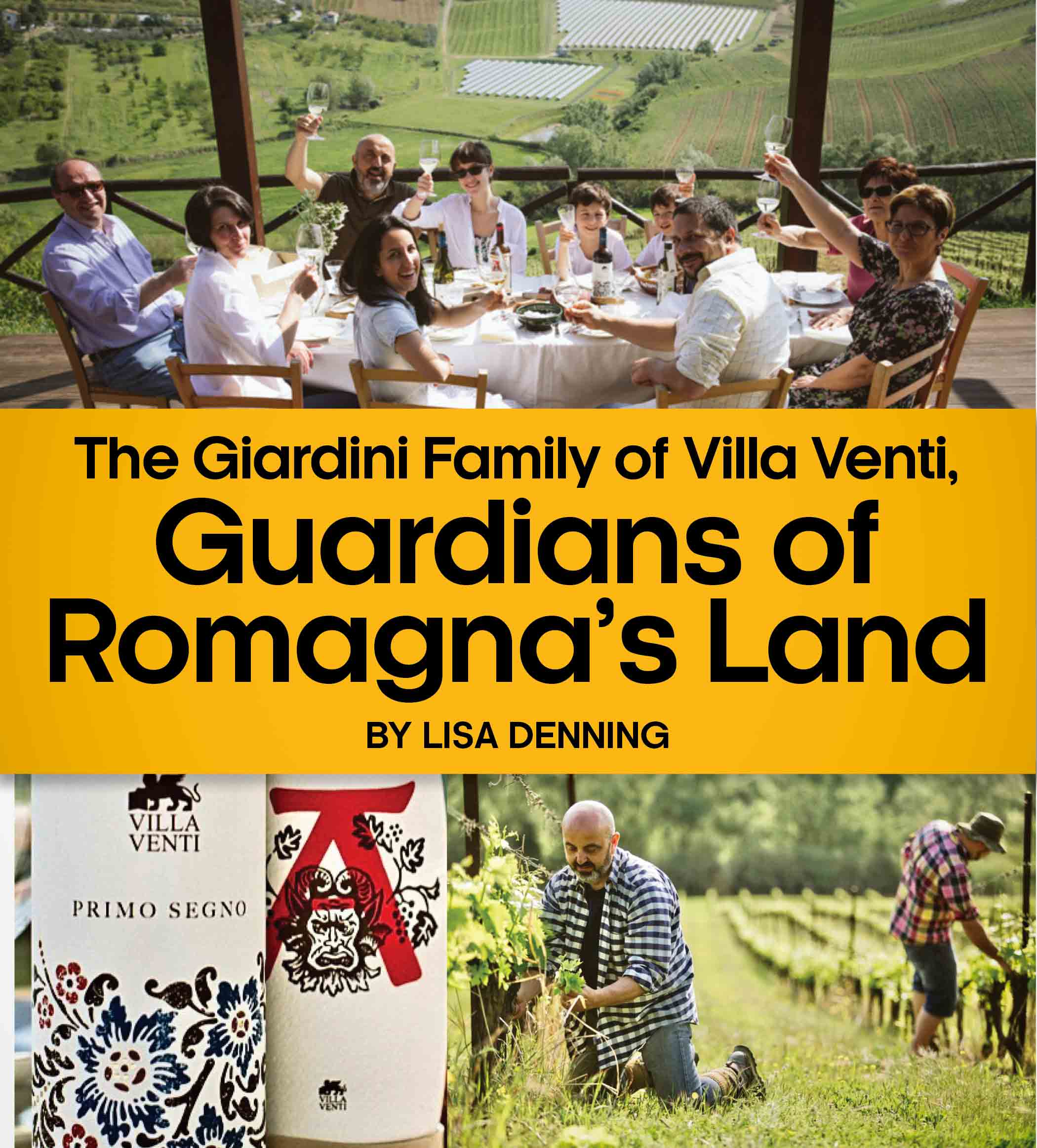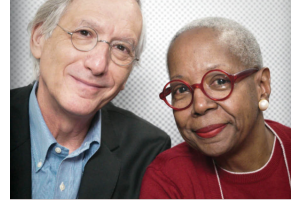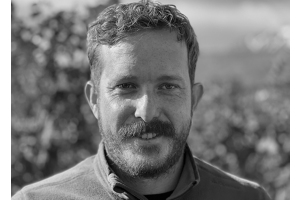Anselmo is very easy to like. Tall, charismatic, a full head of hair, and always smiling when he talks. He radiates a sense of joy and pride when he presents San Leonardo and its wine. This small winery, located at the southern end of Trentino DOC in Northeast Italy, is surrounded by seemingly inhospitable terrain, endless forestry, and roaming wildlife. But somehow, the 300 hectare estate has managed to maintain a 30 hectare vineyard making some of Italy’s most interesting and unique Bordeaux blends.
San Leonardo’s Bordeaux blend, which consists of Cabernet Sauvignon, Merlot, and Carmenere, is distinctly different from the powerful and opulent Super Tuscan wines from Bolgheri. Their style leans towards a more restrained cool-climate profile that focuses on elegance, balance, and freshness, and reflects a deep understanding of their soil and vines.
It was Carlo Guerrieri Gonzaga, Anselmo’s father, who was responsible for the success and quality of San Leonardo’s wines. Carlo redefined winemaking at San Leonardo in the 1970s, and today, Anselmo is the proprietor that continues to focus on what Carlo has instilled in him and everyone else that works at San Leonardo.
Anselmo will be the first to admit that his primary responsibility “…is to maintain [San Leonardo], and [he has] changed so many things just to try to maintain the identity of the work of [his] father's.”
Grape Collective speaks with Marchese Anselmo Guerrieri Gonzaga about the wines of San Leonardo, and how the vision of one man could transform a small and isolated estate to produce some of the most unique and character-filled Bordeaux blend.
